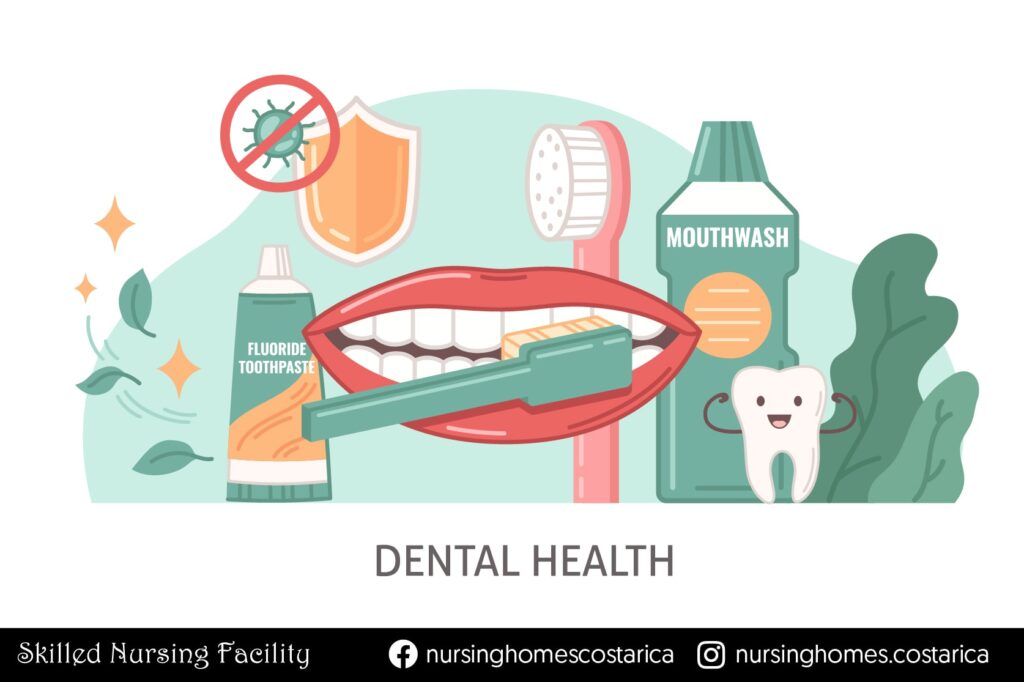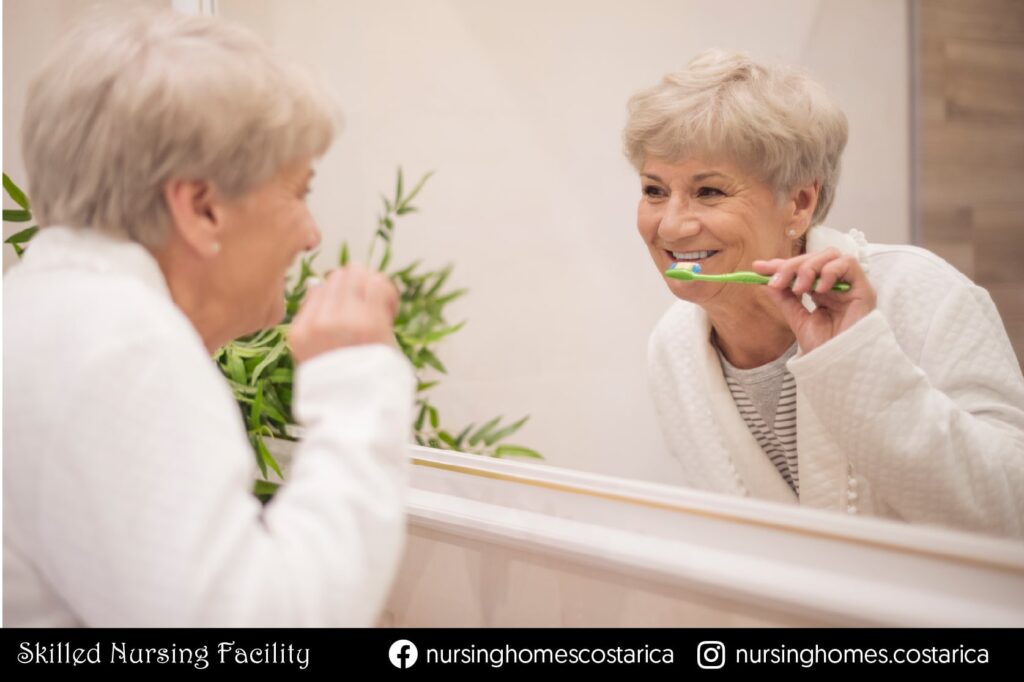
Dental Care for Older Adults
Table Of Contents
Dental Care for Older Adults: Addressing Aging Challenges
Introduction: As individuals age, the importance of dental care becomes increasingly evident, particularly among older adults. In this article, we will explore the unique challenges and risks related to oral health that older adults face and discuss preventive measures and treatments to ensure optimal dental care for this demographic.
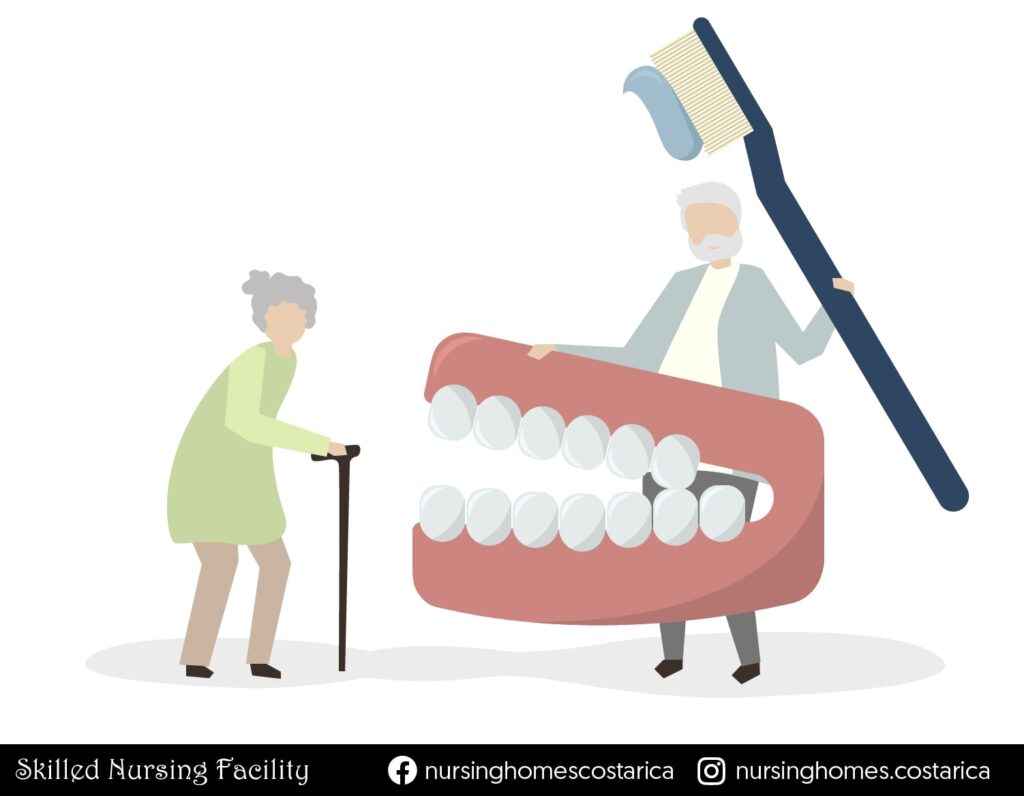
Risks and Challenges in Oral Health for Seniors
Oral health issues in older adults are significant and often underestimated, posing as one of the leading causes of morbidity and mortality in this demographic. Alongside age-related dental problems such as cavities and periodontal disease, older adults confront unique challenges due to systemic diseases, decreased immune system function, and polypharmacy.
Systemic diseases such as diabetes and cardiovascular diseases can exacerbate oral health issues by increasing the risk of infections and impairing wound healing. Furthermore, certain medications commonly prescribed to manage these conditions can have adverse effects on oral health, such as dry mouth and increased susceptibility to dental caries.
The aging process itself also brings changes to the oral cavity, making teeth more fragile and prone to cavities due to enamel loss and gum recession. Reduced saliva production, known as xerostomia, is common among older adults and can lead to dry mouth, difficulty swallowing, and an increased risk of cavities. Additionally, thinner and more fragile oral mucosa increases susceptibility to injuries and ulcers, while decreased taste bud sensitivity can contribute to nutritional problems and malnutrition.
Impact of Aging on Oral Health
Understanding the impact of aging on oral health is crucial for developing effective prevention and treatment strategies. As individuals age, they may experience a decline in oral health due to various factors, including changes in oral microbiota, decreased salivary flow, and the cumulative effects of lifelong habits and behaviors.
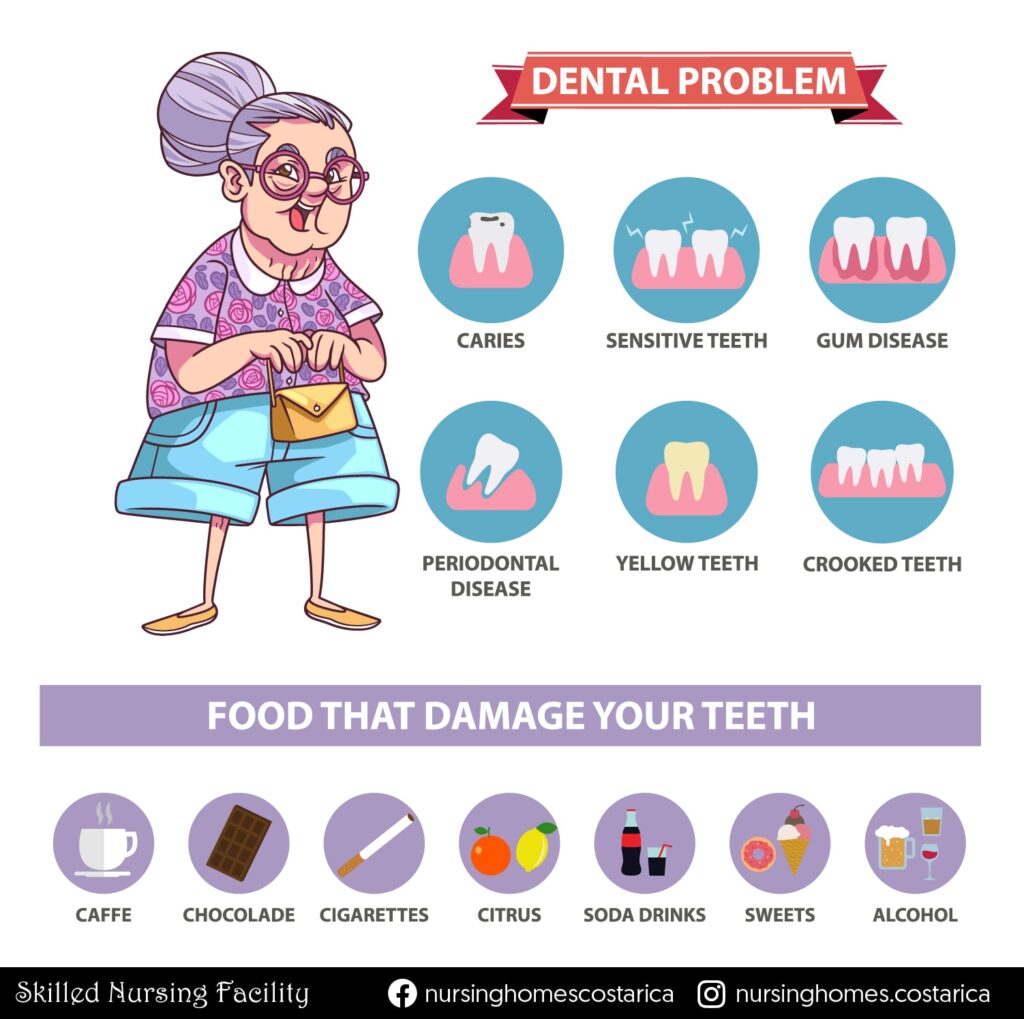
Prevention and Treatment Strategies
Preventive measures play a crucial role in promoting oral health in older adults. This includes maintaining good oral hygiene practices, such as brushing teeth twice daily with fluoride toothpaste and flossing regularly. Regular dental visits for check-ups and cleanings are also essential for detecting and addressing any oral health issues in their early stages.
In addition to preventive care, older adults may benefit from additional treatments to protect against cavities and gum disease. These treatments may include fluoride applications to strengthen tooth enamel and dental sealants to prevent bacteria from accumulating in the pits and fissures of the teeth.
In cases of periodontal disease, which is common among older adults, more advanced treatments may be necessary to manage and control the condition. These treatments may include scaling and root planing to remove plaque and tartar from below the gum line, as well as surgical interventions to repair damaged gum tissue and restore periodontal health.
For older adults who have lost teeth, restoration options such as dental implants or dentures can improve oral function and aesthetics, restoring their ability to eat, speak, and smile with confidence.
Comprehensive Care for Older Adults
Promoting a culture of prevention in oral health for older adults is essential for maintaining their overall health and well-being. Comprehensive healthcare that addresses both medical and dental needs is crucial to improving their quality of life and ensuring that they can enjoy their golden years to the fullest.
Regular communication and collaboration between healthcare providers, including physicians, dentists, and other allied health professionals, are essential for providing comprehensive care to older adults. By working together, healthcare teams can identify and address oral health issues in their early stages, preventing complications and improving outcomes for older adults.
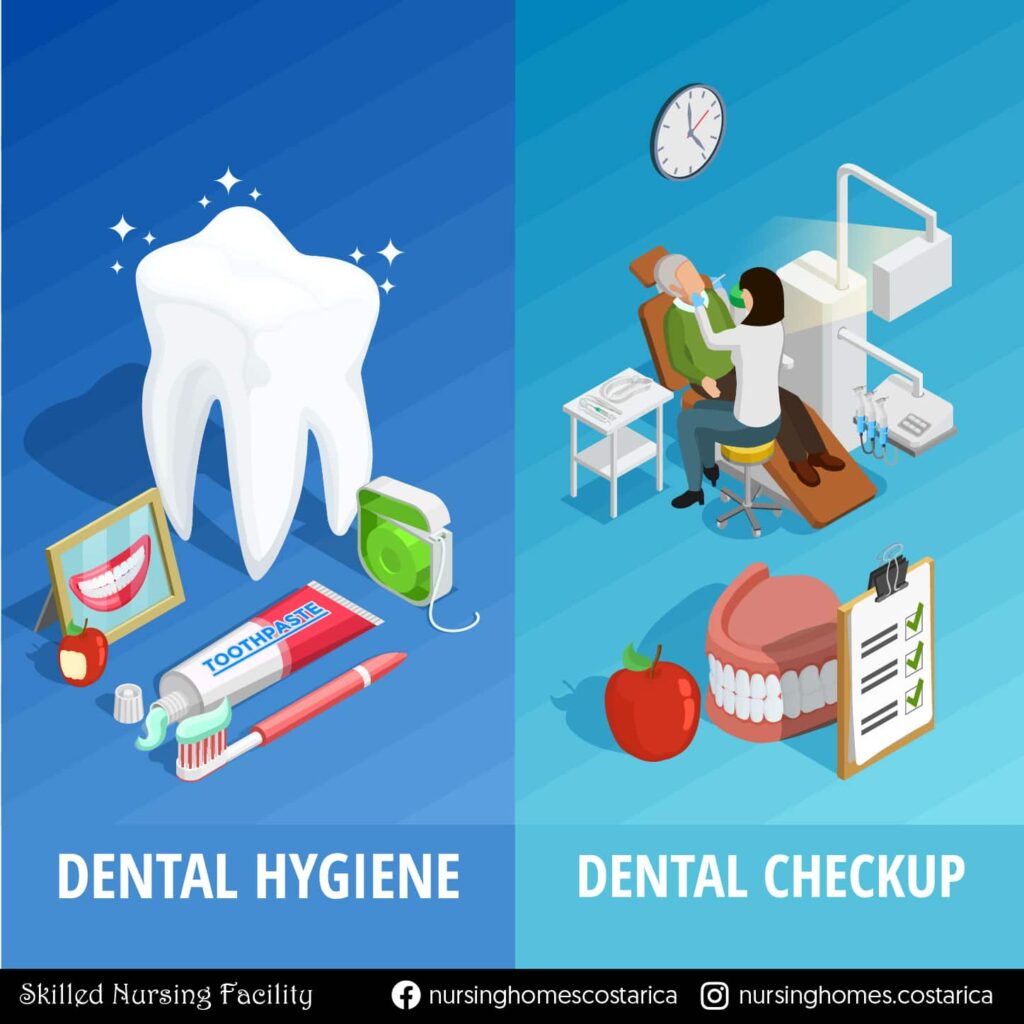
Conclusion: Enhancing Quality of Life Through Dental Care
In conclusion, dental care for older adults is paramount for their overall well-being and quality of life. By implementing proper preventive measures and providing comprehensive care, we can significantly improve their oral health and ensure that they can enjoy their golden years with comfort and confidence.
